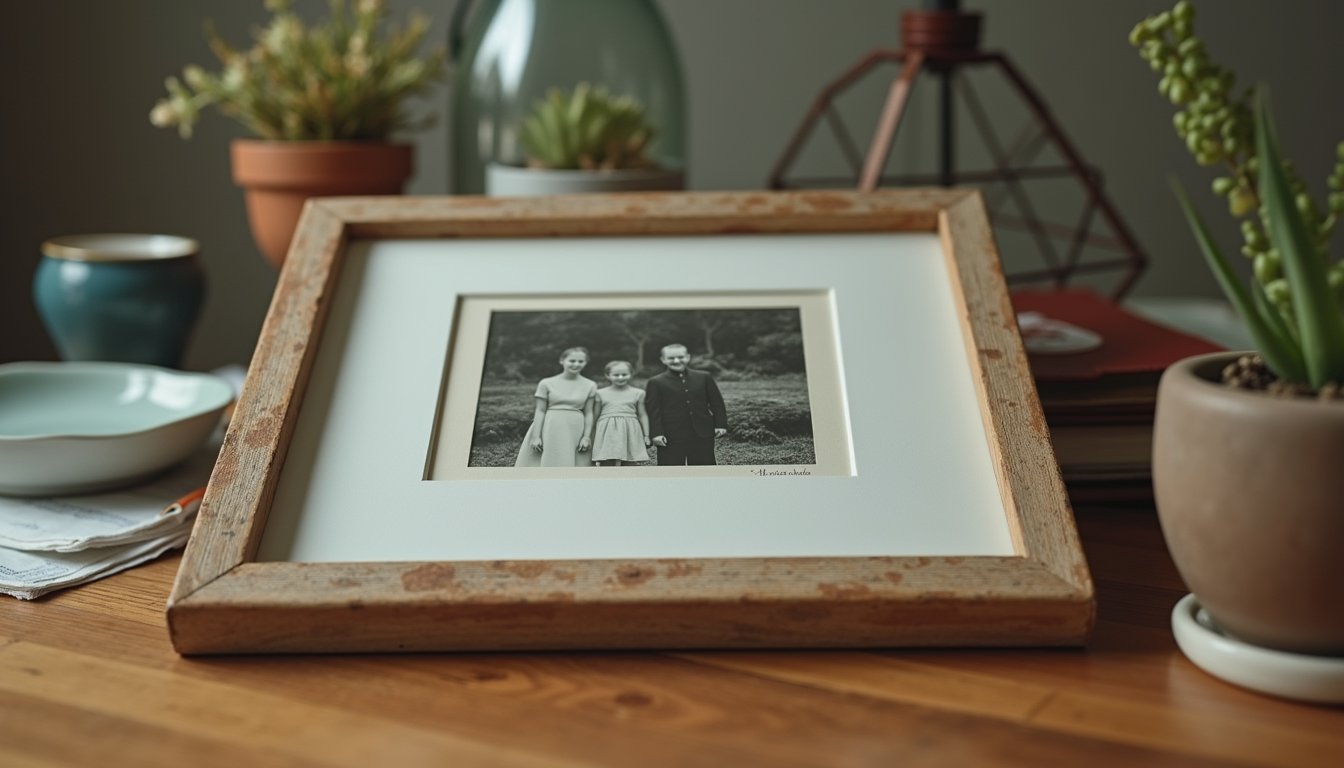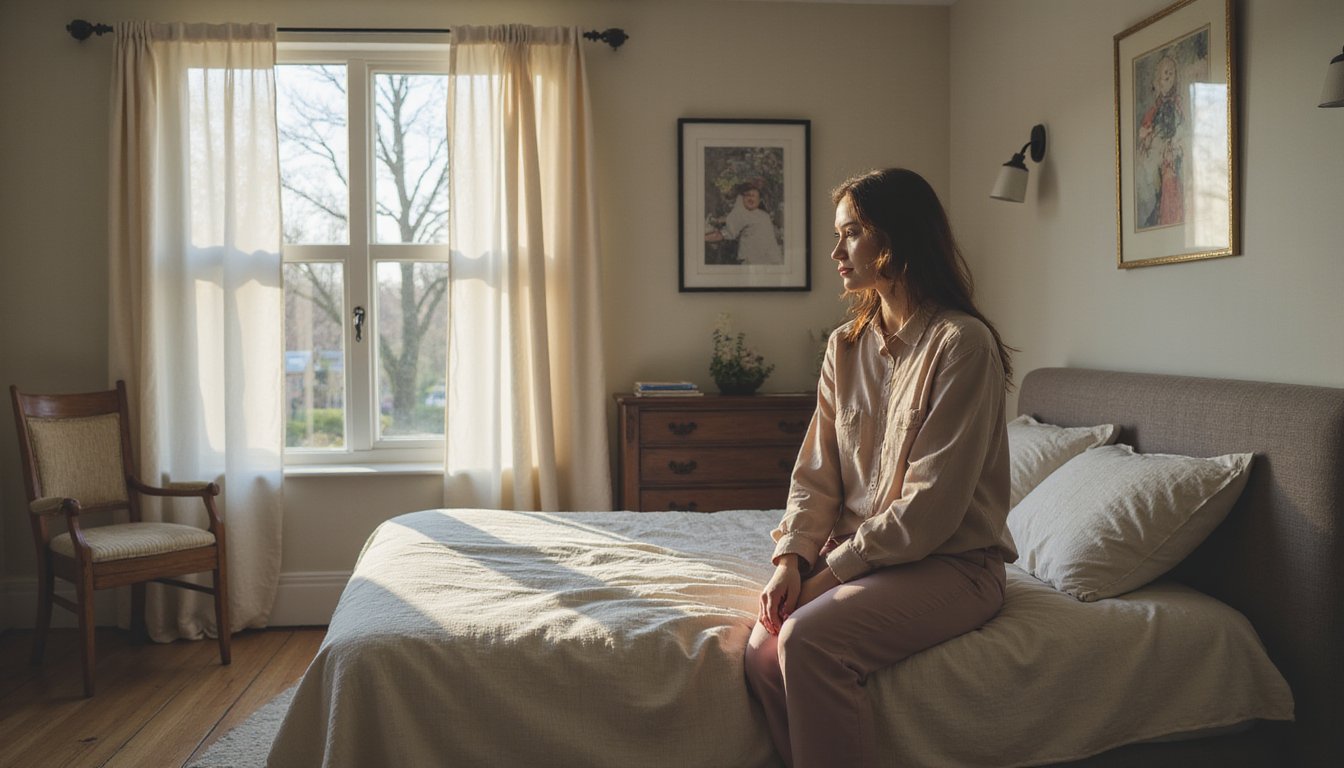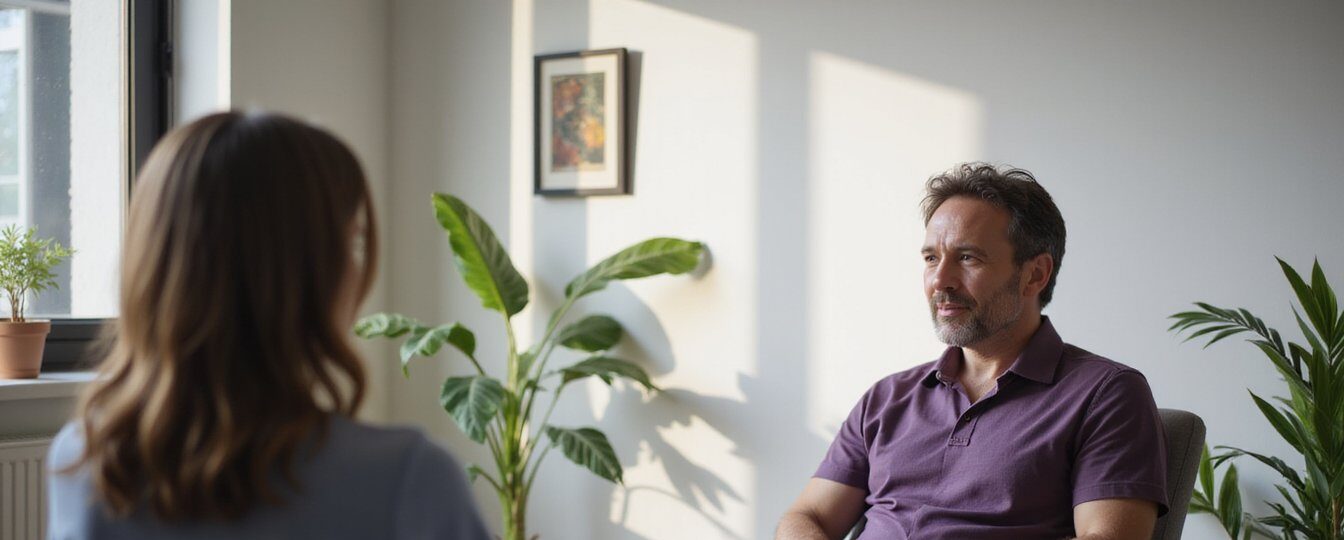Living with a loved one who has addiction can bring unique challenges. Nobody can make the decision to get clean and sober but the individual with addiction. Even after multiple attempts have failed from staging interventions to supporting the person through the ups and downs, it seems like not enough. When it feels like options have run out, it may help to use the following tips to get back on track and help a loved one get clean.
Listen
When a person needs help, it is natural to do a lot of the talking which may include educating, offering help and problem-solving. Listening may be last on the list of skills to practice. When a loved one struggles with addiction and is in denial, it may be more effective to listen with empathy to what the other person is experiencing. Less talking usually feels more supportive to the other person who will likely feel more understood.
Get Others Involved
When a loved one will not listen to an individual person, it may be time to hear the message from someone else. The individual needs to know the person, trust and feel safe sharing. If the family relationship has been compromised or trust eroded, other influences may be able to work with the person who has addiction to recognize the seriousness of the problem and figure out where to go for treatment. The best support a loved one can offer is to realize he or she cannot heal addiction so let others reach out and help.
Allow Consequences
It is not possible to control another person and if that individual is struggling with addiction, it is time to take responsibility. Trying to manipulate, bribe or make decisions for a person is a sign of codependency, a condition in which a person is excessively emotionally or psychologically reliant on a loved one struggling with addiction. Loved ones put so much effort into reaching out, convincing and offering help it may prolong the process of going into treatment. As a result, the person with addiction never feels the full financial, legal and personal consequences of the actions. Step back and let things happen naturally. It is the best way for a person with addiction to learn and may have better results in the end.
Build a Support Network
Sometimes concern for a loved one may override concern for self care. The approach will deplete energy stores and focuses attention on things which are beyond control. Turn to people who provide love and support including family, friends, a therapist or support group for loved ones in a similar situation. Often, the most powerful steps a person can take are ones which, to an outside observer, may look like giving up but are really helping a loved one with addiction see what life has become and discover motivation to get better.
If you or a loved one are struggling with the ramifications of addiction, help is available. The Villa can provide you with support to help you cope with addiction and its effects. Call us to find out how to get started.







